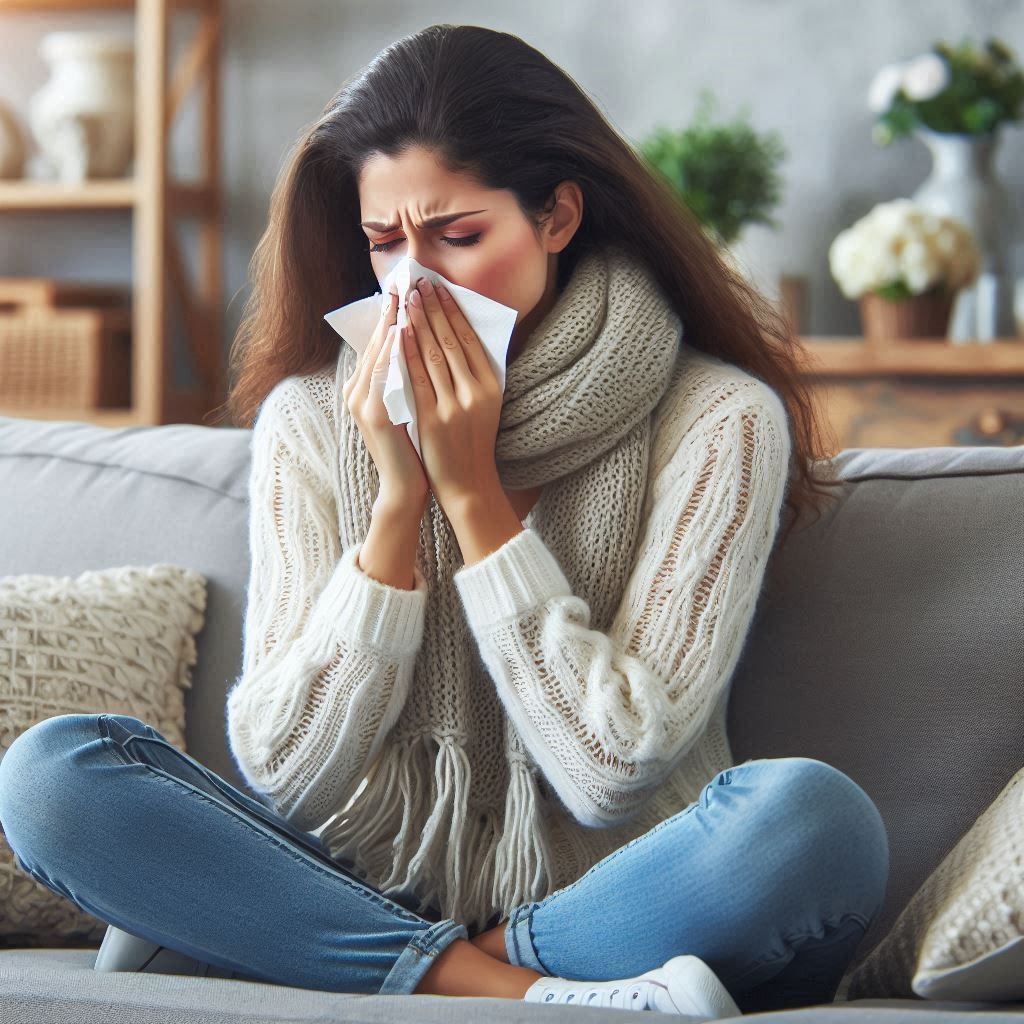
The winter season brings with it a notable increase in cases of the common cold, a condition that, while seemingly mild, can disrupt daily life significantly. As temperatures drop, viruses like the rhinovirus thrive in the cold, dry air, making people more susceptible to infections. The cold weather also leads to people gathering indoors in close proximity, increasing the chances of viral transmission. Additionally, the dry air of winter can dry out the mucous membranes in the nose, reducing their ability to trap and neutralize pathogens effectively. These factors combine to create a perfect environment for the cold virus to spread widely and affect people of all ages.
Furthermore, the immune system often weakens during winter, influenced by factors such as reduced sunlight exposure and lower physical activity levels. Vitamin D deficiency, common in colder months due to limited sunlight, is known to impair the immune response, making it harder for the body to fend off infections. Cold weather can also increase the production of stress hormones like cortisol, which can suppress immune function. Together, these physiological and behavioral changes in winter significantly contribute to the increased incidence of the common cold during this season.
Symptoms and Diagnosis of the Winter Cold
Recognizing the symptoms of a winter cold is crucial for managing the illness and avoiding complications. The most common symptoms include nasal congestion, a runny nose, sneezing, and a sore throat, often accompanied by a mild cough. Fatigue and a general feeling of being unwell are also prevalent, and some individuals may experience low-grade fever. These symptoms typically appear within one to three days after exposure to the virus and can last for about a week or more, depending on the individual’s overall health and immune response.
While the common cold is generally self-limiting, it is important to distinguish it from more severe illnesses such as the flu or respiratory infections. A fever above 38°C, severe body aches, or difficulty breathing are red flags that warrant medical attention. Proper diagnosis by a healthcare professional can rule out other conditions and ensure appropriate treatment. Although over-the-counter medications can alleviate symptoms, resting and staying hydrated remain the primary recommendations for a swift recovery.
Preventive Measures to Stay Healthy
Prevention is key to minimizing the risk of contracting a winter cold, and simple yet effective measures can significantly reduce exposure to the virus. Regular handwashing with soap and water is one of the most effective ways to prevent the spread of germs. Avoiding touching the face, particularly the nose, mouth, and eyes, can further limit the chances of introducing the virus into the body. Maintaining good hygiene practices, such as covering the mouth and nose with a tissue or elbow when sneezing or coughing, also helps reduce the spread of the virus to others.
Boosting the immune system through a balanced diet rich in vitamins and minerals is equally important. Consuming fruits and vegetables high in vitamin C, such as oranges and bell peppers, can enhance the body’s ability to fight off infections. Staying physically active and getting sufficient sleep each night also contribute to overall health and resilience against illnesses. In addition, using humidifiers to add moisture to the dry winter air can help keep the nasal passages hydrated and better equipped to fend off viruses.
Coping Strategies for Faster Recovery
When faced with a winter cold, adopting practical coping strategies can help alleviate symptoms and promote recovery. Rest is paramount, as the body requires energy to fight off the virus effectively. Staying hydrated by drinking plenty of water, herbal teas, and broths can soothe a sore throat and prevent dehydration caused by fever or nasal congestion. Warm saltwater gargles can relieve throat discomfort, while steam inhalation can ease nasal congestion and make breathing more comfortable.
Over-the-counter remedies such as decongestants, antihistamines, and pain relievers can provide temporary relief from symptoms, allowing individuals to carry on with their daily activities. However, these should be used as directed and not as a substitute for rest and proper care. Additionally, consuming hot beverages such as ginger tea with honey can offer natural relief, as the warmth helps clear nasal passages and the honey provides a soothing effect. Staying indoors in a warm and comfortable environment is also advised, as it minimizes exposure to cold air, which can worsen symptoms.




